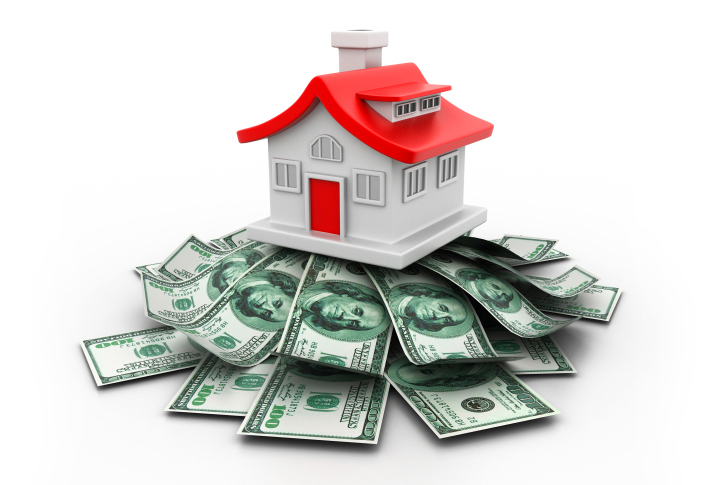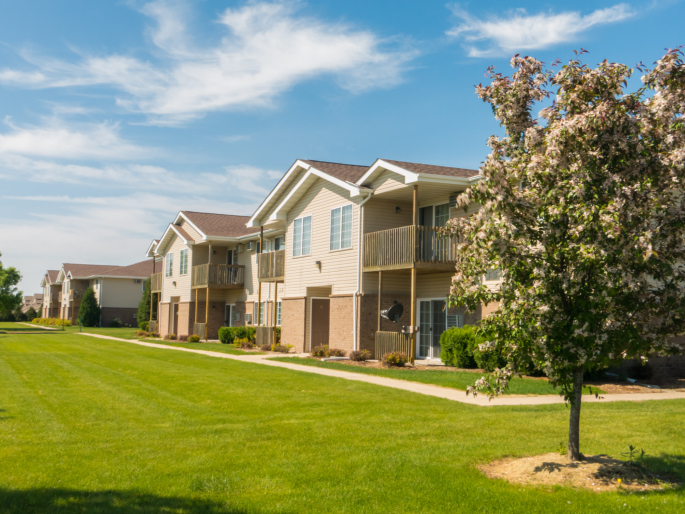 If you’ve been searching the real estate market for a while and you’ve finally come across a home that you love, it’s possible you may be ready to pounce at any price. However, if you’re hoping to bring the seller’s price down for a deal that’s closer to what you want to spend, here are some ways you may be able to have your home and pay the right price too.
If you’ve been searching the real estate market for a while and you’ve finally come across a home that you love, it’s possible you may be ready to pounce at any price. However, if you’re hoping to bring the seller’s price down for a deal that’s closer to what you want to spend, here are some ways you may be able to have your home and pay the right price too.
Get Some Background on the Sale
It’s important to realize that by understanding the motivation of the seller, you’ll be better able to give them the kind of deal they’re looking for. So, instead of going into it blind, ask questions to try and determine why the home is on the market. If the motivation happens to be time-related, and the current owners are moving to a new city or have purchased another home, you may have some leeway in terms of what you’re offering. By knowing the motivation ahead of time, you’ll be able to better align your offer with the seller’s expectations.
Research the Surrounding Market
This will definitely be something that a real estate agent should help you with, but utilizing a Comparative Market Analysis (CMA) will enable you to determine the sale price of houses in the area and should give you an idea of what constitutes a reasonable offer. While it’s important that this compendium is made up only of properties that have successfully sold in the local neighborhood, this can easily reveal if the seller’s price is standard and should give you insight into what the limitations in your offering price should be.
Consider a Quicker Close
It can seem like real estate all comes down to price, but there are a number of things you may be able to offer the home seller that may make them seriously consider a lower offer than they were hoping for. Instead of thinking only in terms of price, you may want to suggest a closing date that is sooner than usual; in the event that they’ve already purchased a home this will work out better for them in terms of cost savings and may make up for a difference on price.
If you’ve found your ideal home after viewing a lot of houses and you’re wondering how you can make it a better deal, you may score a lower price by being aware of a seller’s motivations or offering a quicker closing date. If you’re curious about other tips for real estate success, you should contact your trusted real estate agent for more information.
 The decision to invest in real estate can be one rife with risk, but if you’re ready to take this type of step into the investment market, you might be wondering where to begin. While upcoming neighborhoods and university areas may always be a place where investment is a viable idea, here are some reasons it can be a boon to consider a resort condo.
The decision to invest in real estate can be one rife with risk, but if you’re ready to take this type of step into the investment market, you might be wondering where to begin. While upcoming neighborhoods and university areas may always be a place where investment is a viable idea, here are some reasons it can be a boon to consider a resort condo. Bidding wars can be ugly, nasty things – but with the right tactics, you can come out a winner without having to double your offer. Welcome to basic training – today, you’ll learn how to navigate the obstacle course that is a real estate bidding war and come out on top. Put these three strategies to use and you’ll easily win the home of your dreams.
Bidding wars can be ugly, nasty things – but with the right tactics, you can come out a winner without having to double your offer. Welcome to basic training – today, you’ll learn how to navigate the obstacle course that is a real estate bidding war and come out on top. Put these three strategies to use and you’ll easily win the home of your dreams. When making the decision to purchase a home, there can be an array of questions to ask regarding location, size, style and additional features that will complicate things. If one of the considerations among these is whether to buy new or old, though, you may want to be aware of new home warranties. While buying new can seem like a risk, this type of warranty may help make at least one decision easy when it comes to your home purchase.
When making the decision to purchase a home, there can be an array of questions to ask regarding location, size, style and additional features that will complicate things. If one of the considerations among these is whether to buy new or old, though, you may want to be aware of new home warranties. While buying new can seem like a risk, this type of warranty may help make at least one decision easy when it comes to your home purchase. It might seem like selling a home and moving to a new place is enough pressure on its own, but buyer’s remorse is a well-known phrase for a reason. If you’re currently considering a home and are concerned about taking the plunge into purchasing, here are three strategies you will want to utilize before making a final decision.
It might seem like selling a home and moving to a new place is enough pressure on its own, but buyer’s remorse is a well-known phrase for a reason. If you’re currently considering a home and are concerned about taking the plunge into purchasing, here are three strategies you will want to utilize before making a final decision. With mortgage bubbles and real estate issues still in recent memory, one might feel that their best option is to buy their next home using cash instead of borrowing the necessary funds. In today’s article we’ll explore the pros and cons of paying cash for that next house or condo.
With mortgage bubbles and real estate issues still in recent memory, one might feel that their best option is to buy their next home using cash instead of borrowing the necessary funds. In today’s article we’ll explore the pros and cons of paying cash for that next house or condo. One of the most stressful parts of selling a home is the dreaded home inspection. Getting the most value from a home inspection is crucial, especially since any missed item can cause a significant amount of trouble a few years or decades down the road. With that in mind, let’s take a look at a few tips on how one can get the most value from a home inspection.
One of the most stressful parts of selling a home is the dreaded home inspection. Getting the most value from a home inspection is crucial, especially since any missed item can cause a significant amount of trouble a few years or decades down the road. With that in mind, let’s take a look at a few tips on how one can get the most value from a home inspection. You’ve found it: A large new home for your family. It’s in the area of the city that you love, with the perfect architectural style and lots of room for entertaining guests. It would have been perfect for you, but there’s only one problem – you’re not quite ready to pay the price the seller is asking for. You’ll have to put in an offer below the seller’s asking price – a risky move.
You’ve found it: A large new home for your family. It’s in the area of the city that you love, with the perfect architectural style and lots of room for entertaining guests. It would have been perfect for you, but there’s only one problem – you’re not quite ready to pay the price the seller is asking for. You’ll have to put in an offer below the seller’s asking price – a risky move. If you’re entering the real estate investment market for the first time, you’re embarking on a great adventure – and with a solid plan, you can turn a tidy profit on your investment.
If you’re entering the real estate investment market for the first time, you’re embarking on a great adventure – and with a solid plan, you can turn a tidy profit on your investment. If you’re moving to a new city and you’re looking for an affordable home in a nice neighborhood, one great way to get a fantastic home without paying sky-high prices is by choosing a home in an up-and-coming neighborhood. Communities that are starting to gentrify make it easy to find an affordable home, especially if you buy before the prices start to rise.
If you’re moving to a new city and you’re looking for an affordable home in a nice neighborhood, one great way to get a fantastic home without paying sky-high prices is by choosing a home in an up-and-coming neighborhood. Communities that are starting to gentrify make it easy to find an affordable home, especially if you buy before the prices start to rise.